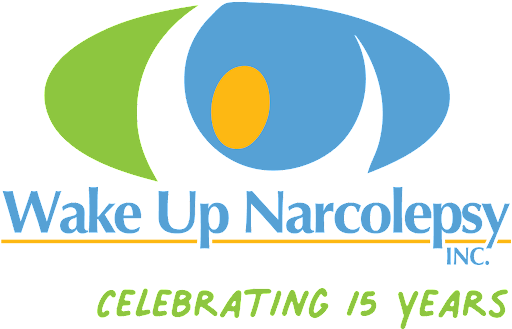Jul 27 2023
Lifestyle Management Techniques for Narcolepsy
h in Blogs
By Tana Bao MSN, NP-C, FNP-BC, APRN
Narcolepsy is a lifelong disorder of the central nervous system, characterized by the brain’s inability to control sleep-wake cycles. While there are ongoing advances in research and medication therapies, lifestyle techniques can go a long way in helping manage Narcolepsy symptoms and increase functioning and quality of life. This blog will outline several lifestyle and behavioral measures that may help with Narcolepsy symptom management.
1. Sleep Schedule: Establish a consistent sleep schedule by going to bed and waking up at the same time every day, even on weekends. This helps regulate your body’s internal clock, promoting a healthy circadian rhythm and better sleep quality.
2. Napping: Schedule short, strategic naps throughout the day to help combat excessive daytime sleepiness (EDS). Naps can go a long way in restoring wakefulness for some people and may even help with reducing the amount of medication you need to take. Keep the naps brief (around 10-20 minutes) to avoid disrupting nighttime sleep.
3. Create a Sleep-Friendly Environment: Ensure your bedroom is dark, quiet and comfortable. Use earplugs, eye masks or white noise machines if necessary to create an optimal sleep environment. The goal is to make your sleep environment as conducive to getting restful sleep as possible!
4. Avoid Stimulants and Alcohol: While many people living with Narcolepsy take stimulants to combat sleepiness, it is generally best to avoid taking stimulants late in the day (afternoon and evening) unless you are instructed otherwise by your healthcare provider. This is because stimulants can interfere with nighttime sleep quality. Similarly, you should try to limit or avoid caffeine, nicotine and alcohol, as these substances can also interfere with sleep quality and exacerbate symptoms of Narcolepsy.
5. Regular Exercise: Engage in regular physical activity, such as walking, jogging or other forms of exercise. In addition to being excellent for physical and mental health, regular exercise can improve overall sleep quality and help combat excessive daytime sleepiness (EDS).
6. Balanced Diet: Eat a well-balanced diet, focusing on whole grains, lean proteins, fruits, vegetables and healthy fats. Avoid heavy meals close to bedtime, as they can disrupt sleep.
7. Safety Measures: Ensure your safety by taking precautions, such as using an alarm clock to wake up on time, avoiding potentially dangerous activities when excessively sleepy and communicating your condition to employers, coworkers and friends. Wake Up Narcolepsy offers a variety of educational resources to the public and can even help you with requesting reasonable accommodations from school or work with these templates.
8. Stress Management: Practice stress-reducing techniques like deep breathing exercises, meditation or engaging in hobbies you enjoy. Stress can worsen Narcolepsy symptoms such as cataplexy (and more), so managing it effectively is essential.
9. Support System: Seek support from family, friends or support groups who understand your condition. Wake Up Narcolepsy offers free educational resources, online support groups and advocacy programs to the Narcolepsy community, so feel free to browse our website and learn more! Many people living with Narcolepsy find that sharing experiences and coping strategies with others can provide emotional support and practical advice while also offering a sense of community with others going through similar circumstances.
Remember, Narcolepsy is a chronic condition that requires ongoing management. Regularly consult with your healthcare provider to monitor your symptoms, adjust medications if needed and discuss any concerns you may have. In addition, practicing some of the lifestyle techniques mentioned above may also help manage symptoms of Narcolepsy as best as possible.
References
- Bhattarai J, Sumerall S. Current and Future Treatment Options for Narcolepsy: A Review. Sleep Sci. 2017;10(1):19-27. doi:10.5935/1984-0063.20170004
- Golden E, Lipford MC. Narcolepsy: Diagnosis and management. Cleveland Clinic Journal of Medicine. 2018;85(12):959-969. doi:10.3949/ccjm.85a.17086
- Healthy eating tips. Centers for Disease Control and Prevention. https://www.cdc.gov/nccdphp/dnpao/features/healthy-eating-tips/index.html. Published June 7, 2023.
- Narcolepsy. National Institute of Neurological Disorders and Stroke. https://www.ninds.nih.gov/health-information/disorders/Narcolepsy.

